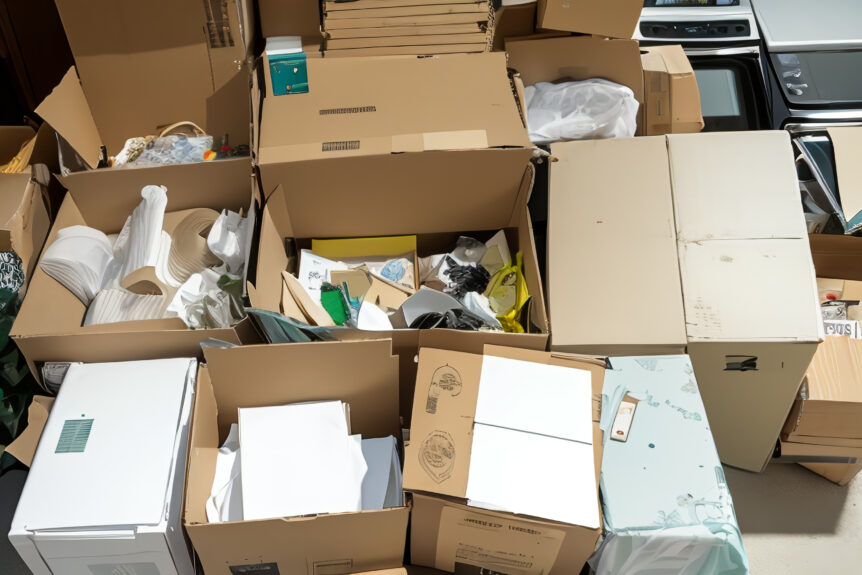What Is Crime Scene Cleanup Called?
Crime scene cleanup, also known as biohazard remediation, biohazard cleanup, trauma cleaning, or hazmat cleaning, is a specialized service that involves the cleanup and eradication of biohazardous materials, including blood, biological fluids, chemicals, and other hazardous materials. Crime scene cleanup is crucial because the presence of biohazardous materials can pose a significant risk to the health and safety of people in the area. The cleanup process requires specialized knowledge and sophisticated equipment to remove, sanitize, and dispose of materials safely.
Biohazard Remediation. Biohazard remediation is often used interchangeably with crime scene cleanup, but it encompasses more than just crime scenes. Biohazard remediation deals with the cleanup and removal of biological materials, chemicals, and other hazardous materials from a variety of situations. This could include drug lab cleanup, animal infestations, sewage backups, and even unattended deaths. Biohazard remediation is a critical service to ensure the safety and well-being of anyone exposed to biohazardous materials.
Trauma Cleaning. Trauma cleaning refers to the remediation of a crime scene or traumatic event that has resulted in the spilling of blood, bodily fluids, or other biohazardous materials. Trauma cleaning involves a comprehensive cleaning process to ensure the removal of hazardous materials without compromising the integrity of the scene. This may involve the removal of contaminated items, such as carpeting and other materials that cannot be safely cleaned. Trauma cleaning professionals adhere to strict safety protocols and guidelines to ensure the biohazardous materials are removed safely and efficiently.
Hazmat Cleaning. Hazmat cleaning is similar to biohazard remediation and involves removing hazardous materials such as chemicals, toxic substances, and other dangerous materials that pose a risk to public health. Hazmat cleaning specialists are trained and equipped with the necessary tools and equipment to safely and effectively clean up any hazardous materials and dispose of them safely.
Crime Scene Cleaning. Crime scene cleaning is the process of thoroughly cleaning up and removing all biohazardous materials that may be present at a crime scene. Crime scene cleaners are highly trained professionals who are skilled in the removal of biohazardous materials and the restoration of the affected area to its original state. Crime scene cleaning is an important service that must be performed by specialized professionals who understand the legal and safety implications of the cleanup process.
Blood Cleanup. Blood cleanup, or blood remediation, refers to the removal and cleanup of blood that may be present at a crime scene. Blood is a biohazardous material that can contain harmful pathogens, diseases, and bacteria. Blood cleanup requires specialized skills and equipment to ensure the safe removal and disposal of biohazardous materials, including proper disinfecting and sanitizing of the affected area.
Conclusion: Crime scene cleanup is a critical service that involves the cleanup and removal of hazardous materials, including biohazardous materials, chemicals, and other harmful substances. Crime scene cleanup can be called by various names, including biohazard remediation, trauma cleaning, hazmat cleaning, and blood cleanup. Regardless of what it is called, the process of crime scene cleanup is highly specialized and requires extensive knowledge, skills, and sophisticated equipment to ensure the safe removal, sanitization, and disposal of biohazardous materials. At Caring Cleanup, we specialize in providing high-quality biohazard remediation services to ensure that the affected area is safe and free from any hazardous materials. If you require biohazard remediation services or have any questions about the cleanup process, please do not hesitate to contact us.

